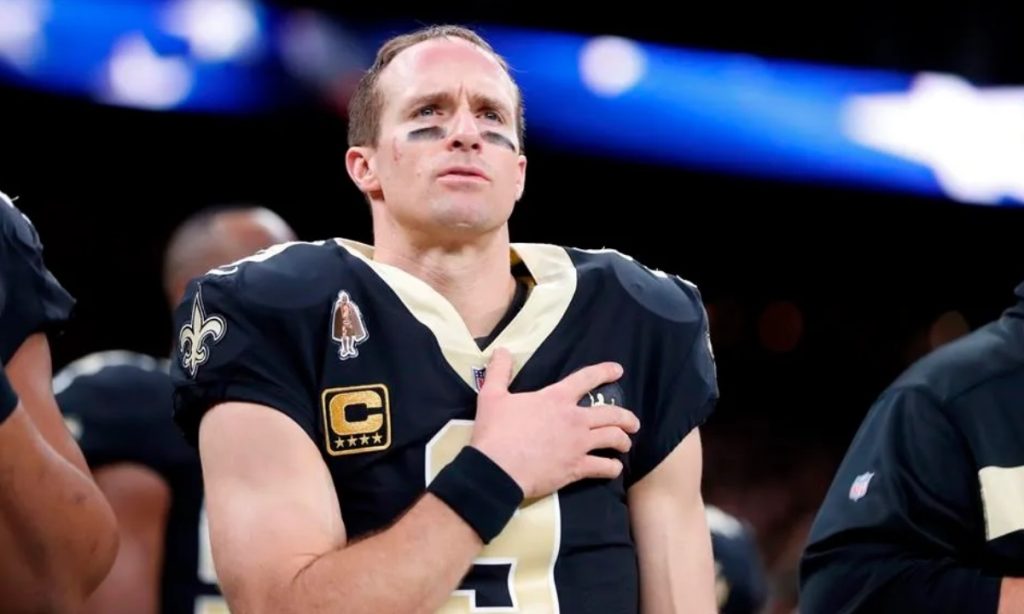In a heart-wrenching turn of events that has shocked the sports world, the much-anticipated Sugar Bowl, pitting the Georgia Bulldogs against the Notre Dame Fighting Irish, has been postponed following a devastating act of violence in New Orleans. This incident, occurring in the early hours of New Year’s Day, has led to a somber atmosphere overshadowing what was meant to be a celebratory game in the College Football Playoff.
A Tragic New Year’s Morning
The city of New Orleans, known for its vibrant celebrations, was plunged into mourning after an armed individual drove a pickup truck into a crowd on Bourbon Street, one of the city’s most famous landmarks. This attack resulted in at least 10 fatalities and over 30 injuries, casting a long shadow over the festive spirit. Among the critically injured was a student from the University of Georgia, adding a personal tragedy to the already grim scenario for the Bulldogs’ community.
The Decision to Postpone
In the wake of this catastrophe, the decision was made to postpone the Sugar Bowl, a move deemed necessary for public safety and to honor those affected by the tragedy. Jeff Hundley, CEO of the Sugar Bowl, stated in a press conference that all parties involved, including representatives from ESPN, the University of Georgia, Notre Dame, and local authorities, agreed that postponing the game was in everyone’s best interest. The game, originally scheduled for later that evening, was rescheduled for 24 hours later, underscoring the severity of the situation and the need for time to address the immediate aftermath of the attack.
Impact on Teams and Fans
The Bulldogs and Fighting Irish, who had arrived in New Orleans with aspirations of playoff glory, were forced to recalibrate their focus. The news hit hard, especially for Georgia, given the involvement of one of their students. Both teams issued statements expressing their horror and sadness, offering condolences and support to the victims and their families. Notre Dame, for its part, confirmed that all its team personnel were accounted for, shifting their attention towards support and recovery rather than competition.
The fan base, from both universities and beyond, responded with an outpouring of support on social media, with many expressing solidarity and a call for unity over the tragedy. The event has not only affected the immediate game but has also raised questions about security and the safety of large public gatherings in sports.
Rescheduling and Moving Forward
With the game rescheduled, the logistics of ensuring a secure environment became paramount. New Orleans’ police force, already stretched thin by the tragedy, had to expedite security measures around the Caesars Superdome, where the game was to be held. The postponement meant a quick reevaluation of plans, from team preparations to fan travel arrangements, all while the city worked to heal from the night’s horrors.
The rescheduled game time was set for 24 hours later, a decision made to allow for additional security sweeps and to give the community some time to grieve. While this provided a brief respite, the overarching mood was one of solemnity, with the game now serving as a backdrop to a community in mourning rather than pure sports celebration.
The Broader Implications
This incident has sparked a broader conversation about safety at major sporting events, especially in cities known for drawing large crowds. It raises questions about how to balance the joy of sports with the ever-present need for security. For college football, which prides itself on its traditions and community, this event is a stark reminder of the fragility of such gatherings.
Moreover, the postponement of the Sugar Bowl has implications beyond the immediate game. It affects the College Football Playoff schedule, potentially impacting the preparation of teams for subsequent games, including the upcoming matchup against Penn State in the Orange Bowl. The emotional toll on players and staff cannot be understated, as they navigate through grief to focus on their sport.
A Community’s Response
New Orleans, a city no stranger to resilience, has shown its strength in the face of adversity. Community leaders, alongside sports officials, are working to provide support to those affected and to ensure that future events do not suffer from similar tragedies. The response has been one of unity, with a focus on healing, both for those directly impacted and for the city as a whole.
Looking Forward
The postponement of the Sugar Bowl due to a violent act in New Orleans serves as a somber reminder of the unpredictability of life and the importance of community in times of crisis. While the game will eventually go on, the focus has rightly shifted towards recovery, remembrance, and the strengthening of bonds between fans, players, and the city itself. As the new date for the game approaches, it will be a moment not just of competition but of collective resilience, with the hope that such a tragedy will never again mar the spirit of sports.

